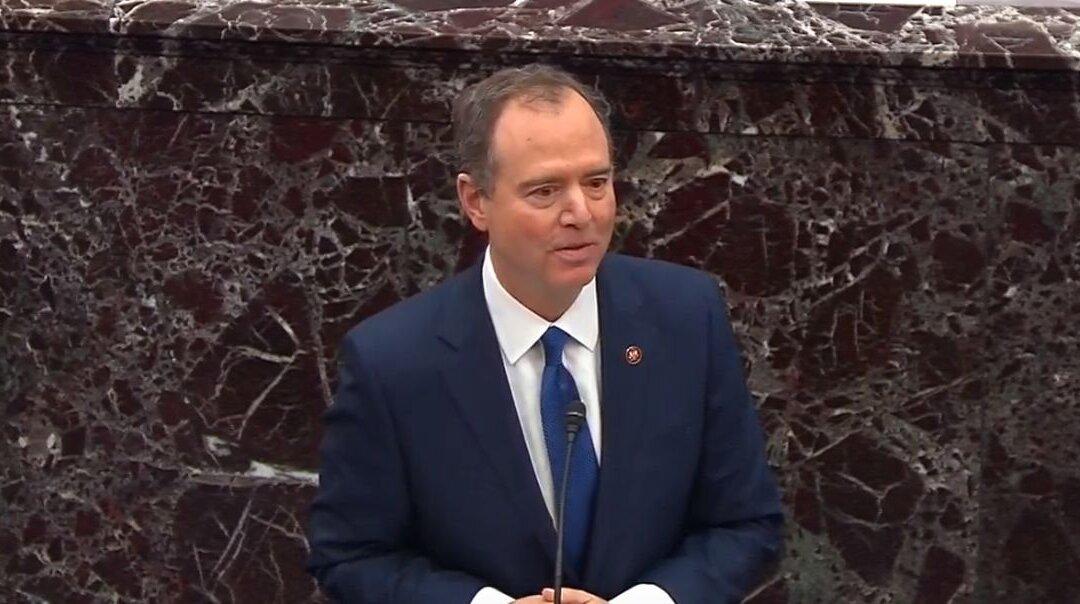The Senate impeachment trial of President Donald Trump began a new phase on Wednesday after both Trump’s legal team, and House managers presented their arguments. Refresh for updates.
Senators presented questions to Trump’s legal team and the House managers, led by Reps. Adam Schiff (D-Calif.) and Jerrold Nadler (D-N.Y.). The trial adjourned at 11 p.m. and is scheduled to resume on Jan. 30 at 1 p.m.




